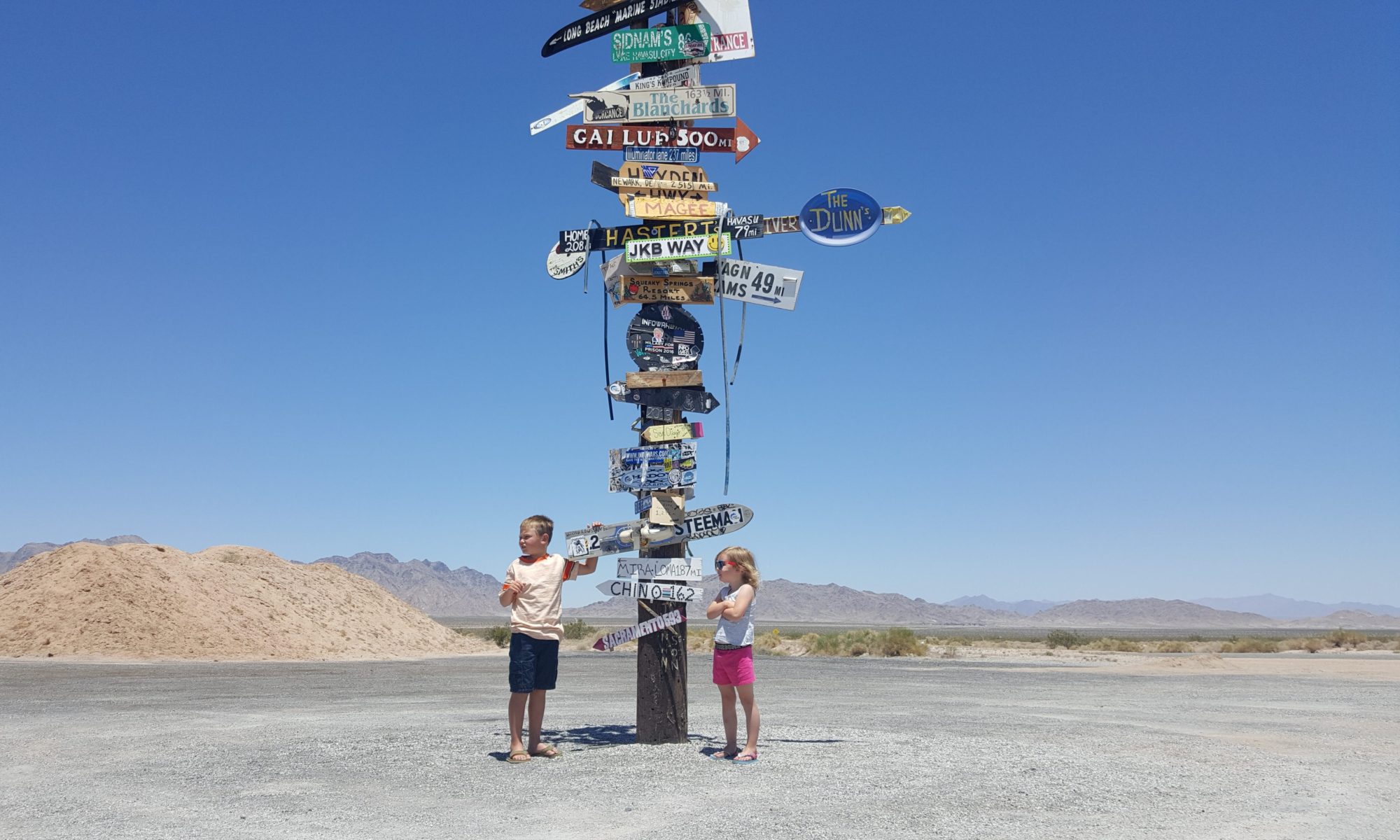After introducing himself in verse 1, Solomon next describes his frustration with life. “In my opinion, nothing is worthwhile, everything is futile. For what does a man get for all his hard work?” And he finishes this chapter with these words: “So I worked hard to be wise instead of foolish – but now I realize that even this was like chasing the wind. For the more my wisdom, the more my grief; to increase knowledge only increases distress.”
Those who have studied human psychology have stated that generally men find value and fulfillment in their work whereas women find value and fulfillment in their family. Here Solomon begins his search to find his mistakes in life. We don’t know if he first repented and then found his error or if in studying his errors, he finally repented. But his writing this book tells us he did repent because no man wants to admit to the world his foolish mistakes; we want to keep our regrets to ourselves.
Solomon wrote, “Generations come and go, but it makes no difference.” He uses these words to describe the events of nature, wind and water, and how their characteristics never change but only their duration, direction or intensity. Solomon may have experienced times when there was no breeze during the heat of summer that turned to a gentle breeze to cool the evening; he may have experienced tornadoes or hurricanes. Can you imagine that? Solar and lunar eclipses and the blood red moons described in Revelation are nothing new.
The scripture tells us that in the last days there will be wars and rumors of wars. History has written that story since the beginning of time. By the way, Peter tells us on the Day of Pentecost that was the beginning of the last days. (Acts 2:16-21).
Listen to the words of Solomon as he summed up his experience. “I discovered that the lot of man, which God has dealt to him, is not a happy one. It is all foolishness, chasing the wind. What is wrong cannot be righted; it is water over the dam; there is no use thinking of what might have been.” (Verses 12-15).
Then we must ask the question, “what is my purpose in life?” Evolution subtly teaches us we are born, live, and die; there is nothing after. Some people find relief in drugs, alcohol, or sex. Solomon takes us though 11 more chapters to tell us what he found.
